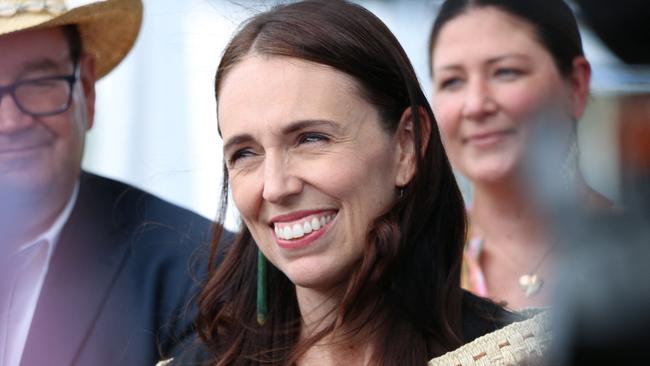
Much has been said about both Ardern’s empathy and incompetence. Empathy is a terrific bonus in a leader. But untethered from outcomes, it’s icing without any cake. Competence matters more. Those who drone on about Ardern’s empathy as some defining quality in 21st-century leadership, rather than boring old-fashioned competence, are probably not that competent.
For today, though, what deserves focus is Ardern’s refreshing admission that politics is a tough business, too tough for her to commit for another five years.
Before the heckles come that she’s only leaving because she’s about to lose an election, plenty of politicians have faced the same fate, and stuck around because they believe they are indispensable, that no other person in the party could possibly be as good as them.
Ardern deserves praise for pulling the plug on her leadership instead of holding on to the bitter end. And bitter it may well have been if the polls are repeated at the election in October. Though Ardern won a landslide victory at the last election, the signs suggest the tide has gone out on her popularity. Her election promises came to nought. Feted overseas by elites who do not live the consequences of her policy failures, at home it was looking wretched for Ardern.
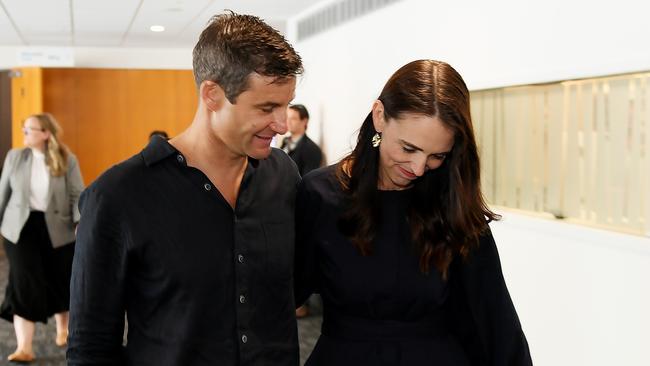
That said, by admitting she doesn’t have enough in the tank for another five years and recognising the need to pass over to someone else, Ardern has shown she’s different from a burgeoning category of politicians.
Politics is full of the self-centred, self-important variety who will tell you they are indispensable every second time they speak to you. When the end comes for these chaps – and most are, in fact, men – they are left listless and confused. After a period trying to come to terms with their loss, they spend every second waking moment working out how to get back into politics. It’s a calling, they will tell you. Apparently, we need them back in power to guide us into the light.
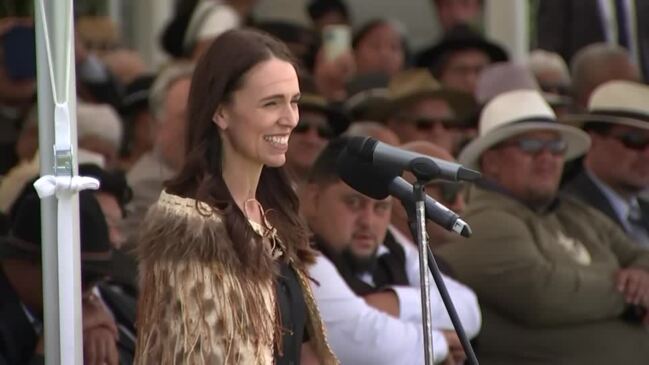
The other common reaction of departed leaders, especially the deposed ones, is to spend their twilight years obsessively trying to get revenge on those they blame for their departure. It’s all part of the bollocks of politics that can make one both sad for, and exasperated by, many former politicians. “Get a life” doesn’t work for them because politics is their life. It’s not normal. But politics is not known for attracting too many normal people.
It’s refreshing, then, to see a political leader admit she’s had enough, there are other things in life that matter to her, and so she’s handing over to someone who’s up for the challenge of being a leader. It makes her sound so very normal.
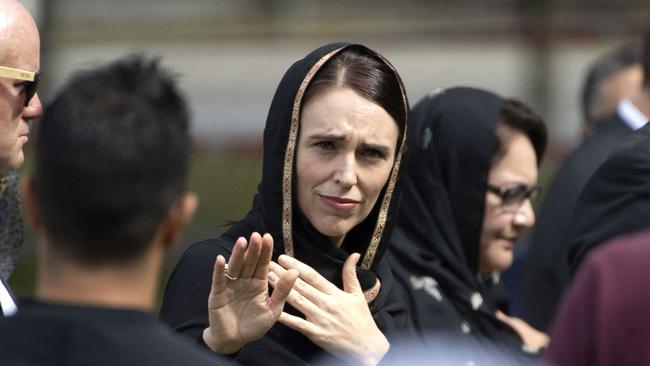
There seems to be only one of two choices when it comes to appraising Ardern: tribal love or tribal loathing. Twitter would go nuts if I posted this: as annoying as Ardern was as NZ’s queen of wokeness, and as disappointing as her policies were for her domestic audience, there was also something genuinely refreshing about her.
Speaking to the BBC in 2019, Ardern – one of the world’s youngest leaders, who gave birth while in office – said this: “I am not superwoman … and we shouldn’t pretend that we are. That does a disservice to all women. It raises expectations that no one can meet.”
Ardern was telling women what we are rarely told: we can’t have it all. And if we expect to have it all, we will be disappointed and exhausted.
When Saint Jacinda says something, the left coo and nod in agreement. When those same sentiments are uttered by someone else, progressives become discombobulated.
Last week, the BBC ran a story about Ardern’s departure under the headline: “Jacinda Ardern resigns: Can women really have it all?”

A phalanx of offence-takers in the media slammed the headline. One called it “shocking and archaic”. Another said she was sad to see “such a reductive, sexist and inaccurate headline”. The BBC, of course, caved and changed the headline.
But if we return to Ardern’s words, when she announced her departure and in 2019, it’s clear she agrees women cannot have it all. Superwoman is for the comics, not the real world where women work, and have babies. Just as there is no Superman, because men can’t have it all either. Except that Ardern, being a woman, spoke about women, and the unreasonable expectations placed on women that they can have it all.
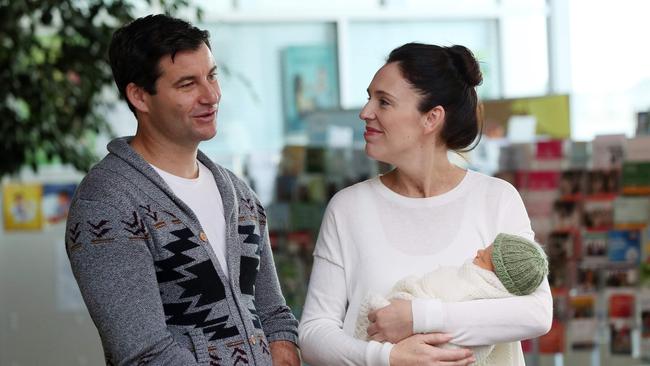
Loins girded for battle, the usual whiners on the left said Ardern was only leaving because she had been so poorly treated as a female leader. There is always an excuse for this bunch of ideologues. They cannot comprehend that Ardern made a free choice to leave a big-pressured job to spend time with her family. She has money. She has support – her partner was mostly a stay-at-home dad. She had government resources at her fingertips to combine being a mother of an infant and a prime minister. But she chose to step aside as PM. That is not a failure, or a cop-out. It is a choice that should be celebrated, instead of going bananas over a BBC headline.
The very women who adore Ardern for her woke policies cannot celebrate this choice because it doesn’t fit their woke ideology that women in big jobs should stay in big jobs to prove to other women that it can be done.
Ardern proved women can reach the top, and she proved the cost of being a leader, male or female, especially over the past few years, was high. Ardern deserves praise for getting a life, and a normal one, at that. For that, she is a terrific role model, not just for women, but for men too. Being the boss is not all it’s cracked up to be, and it’s OK to say so.
Importantly, for those who think the only reason women step back from the big jobs, or decline to fill them in the first place, is oppression, Jacinda has news for you. Sometimes, women’s choices are just that. Choices.



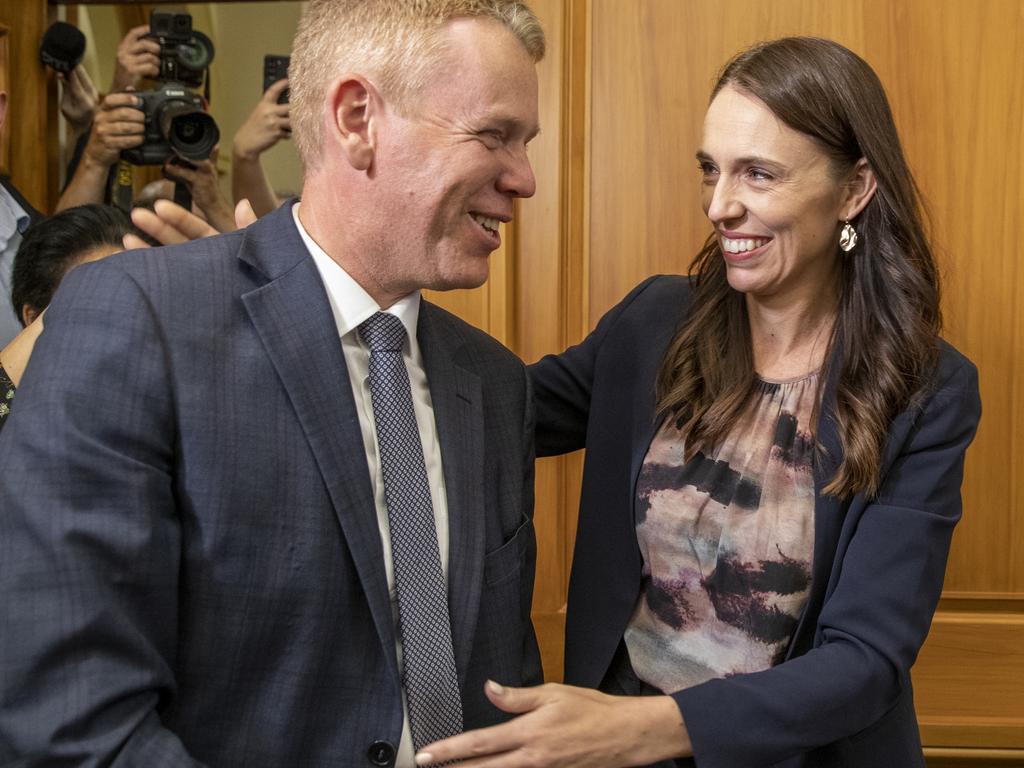
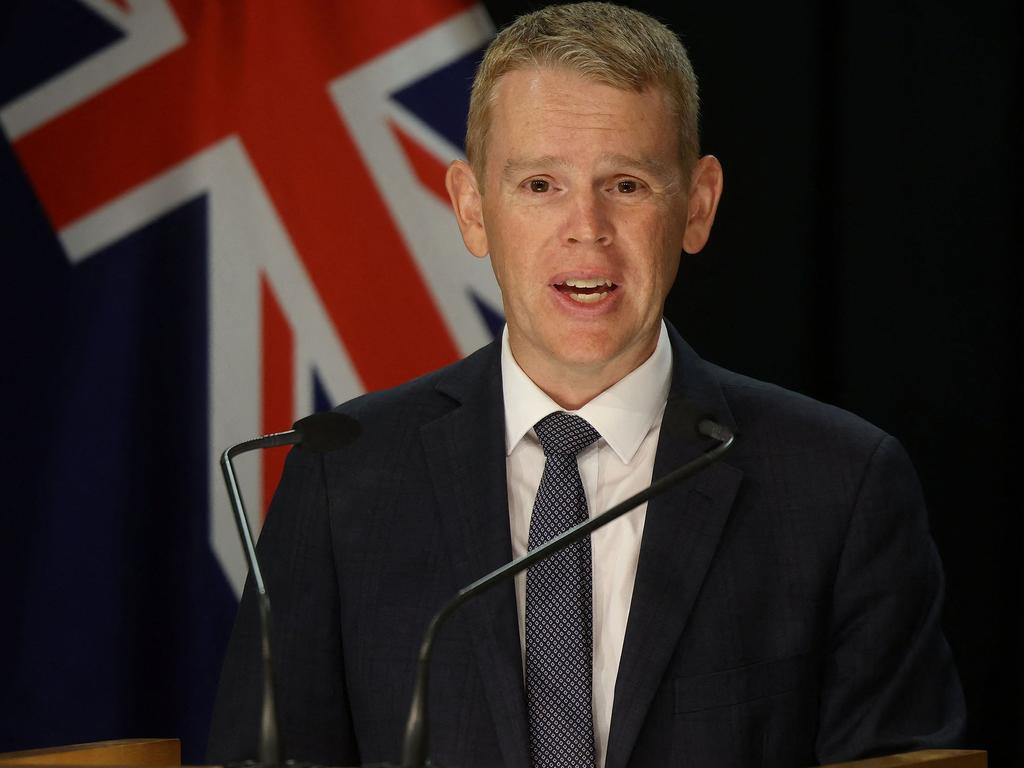
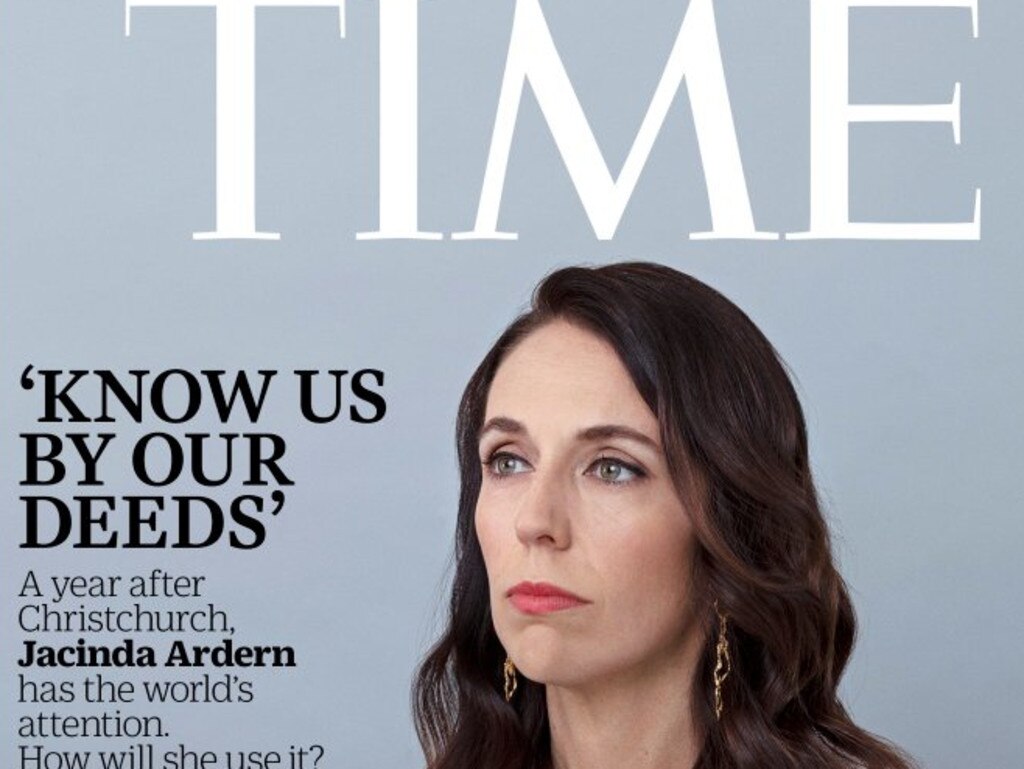

Jacinda Ardern leaves politics in New Zealand with a mixed report card. She gets full marks for empathy. She was an abject failure on policy outcomes. And she scored a distinction, if we take her at her word, for her reason for leaving. Politics is full of megalomaniacs, on both sides of the ditch, but Ardern is not one of them.